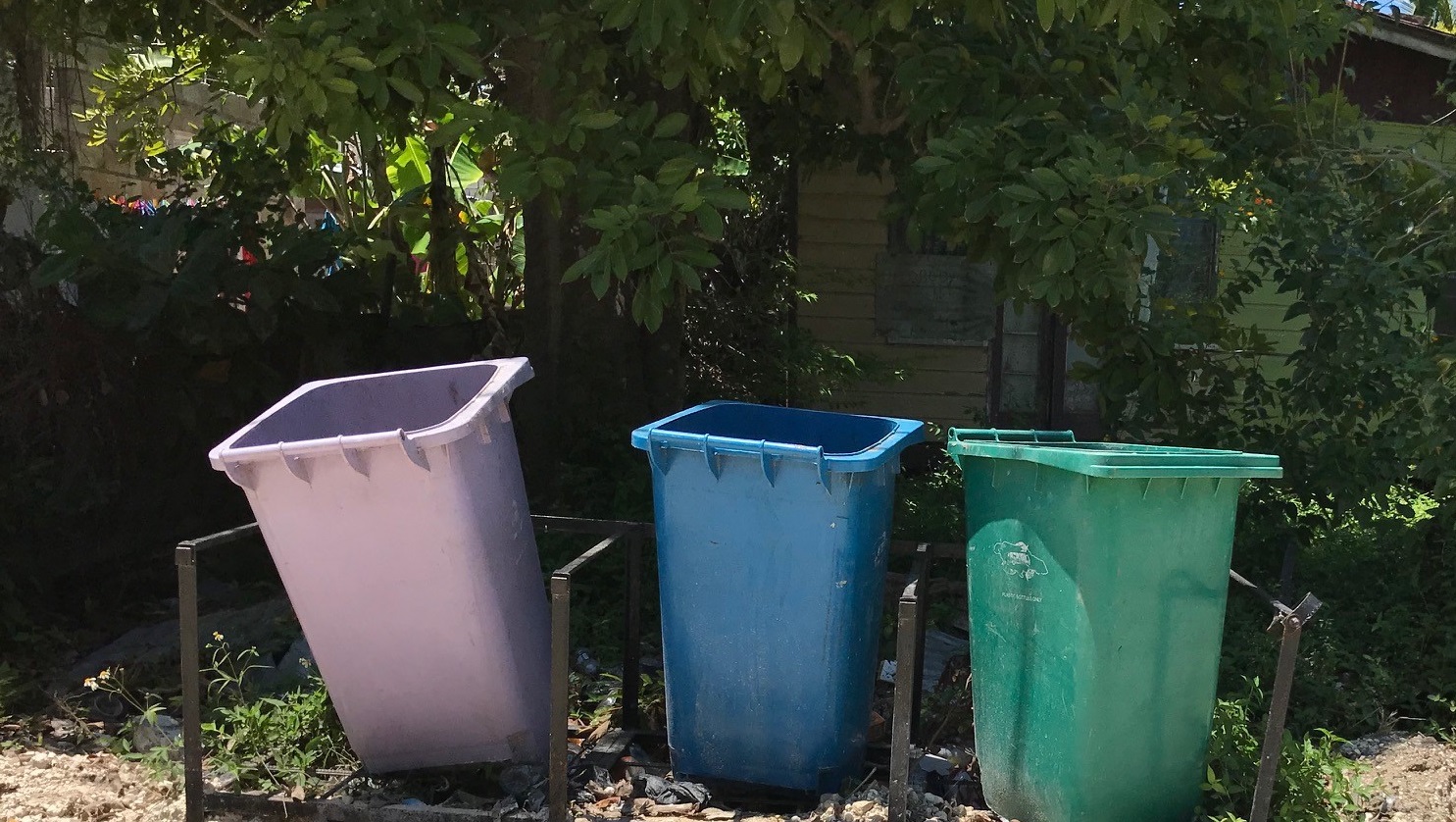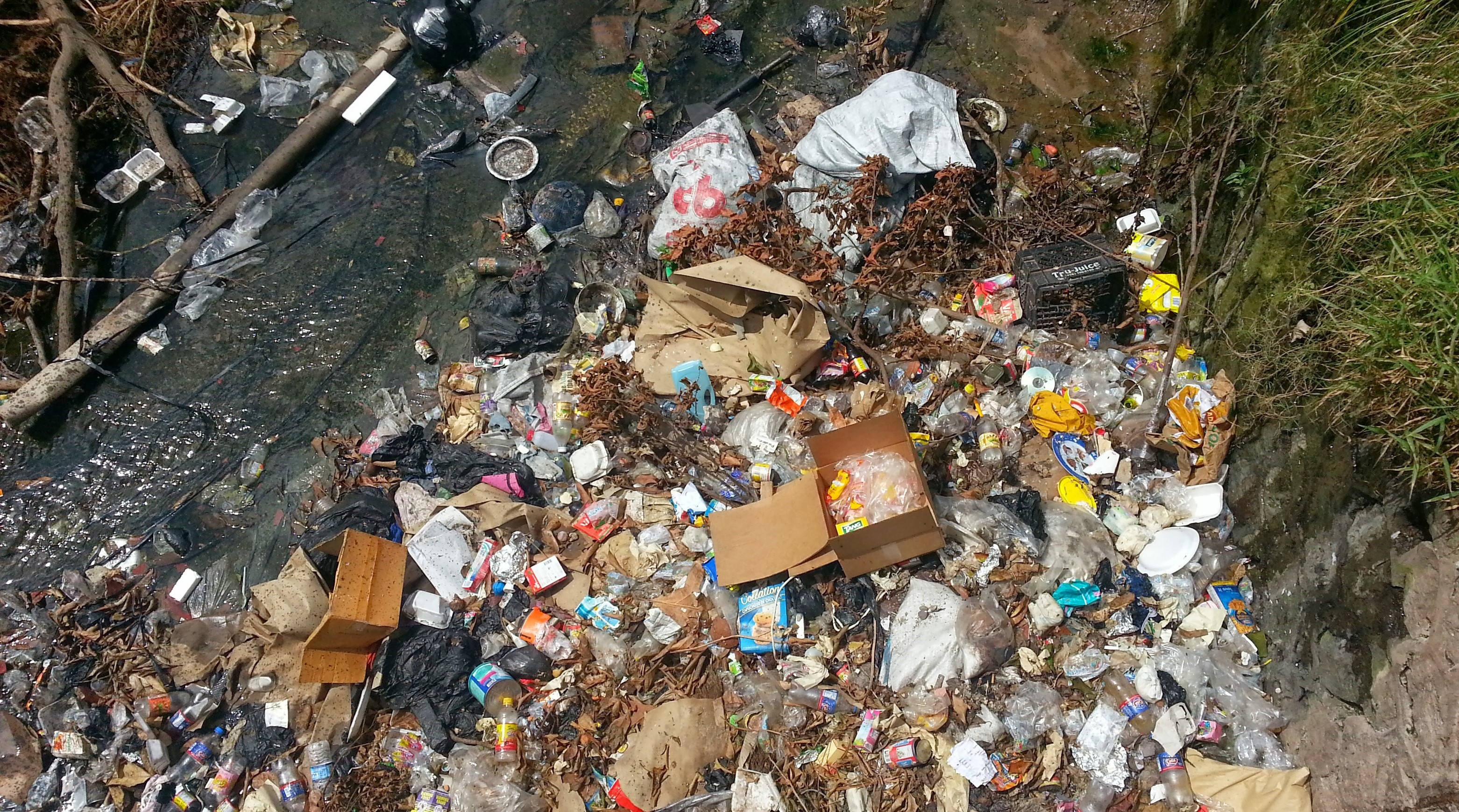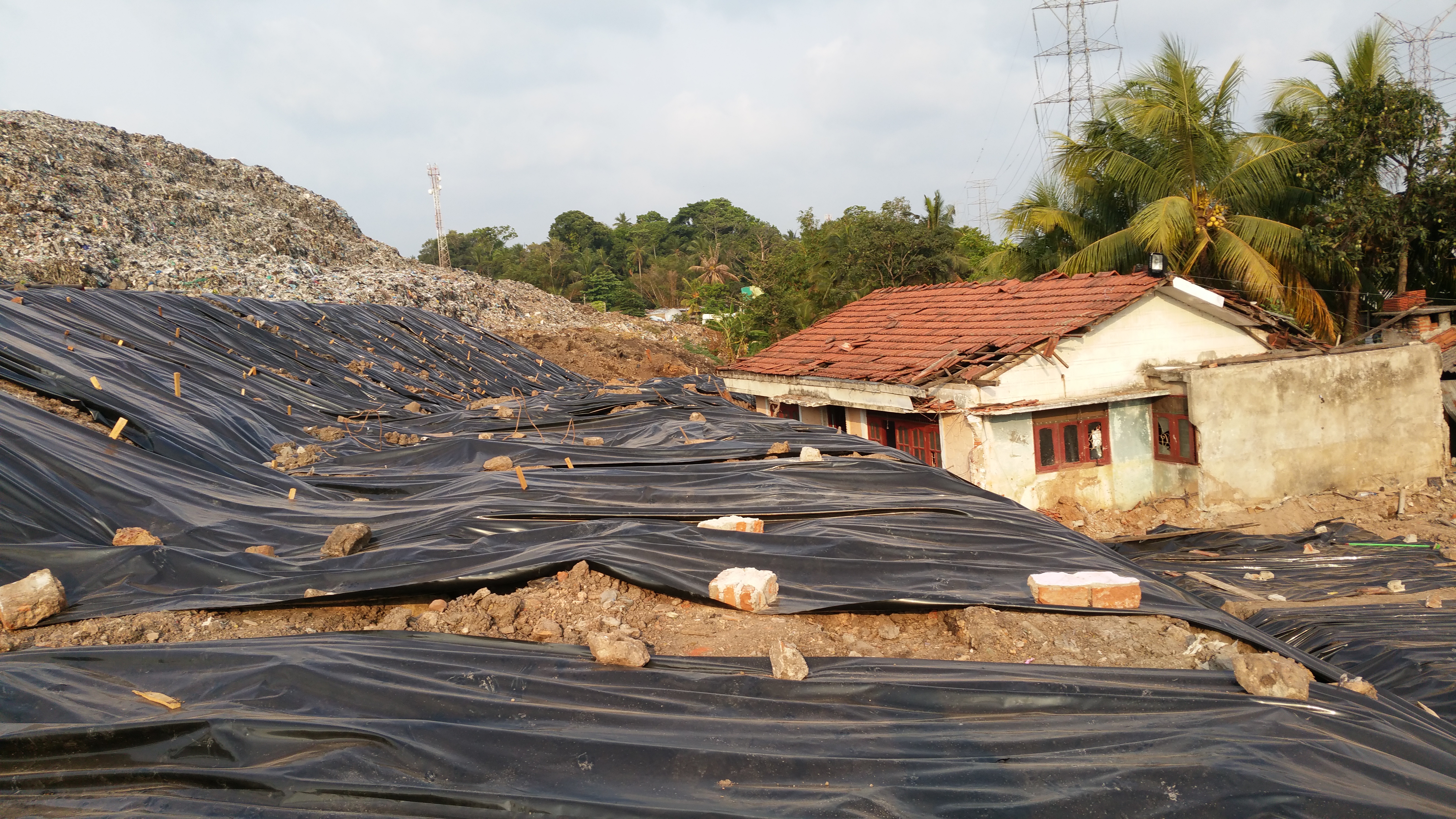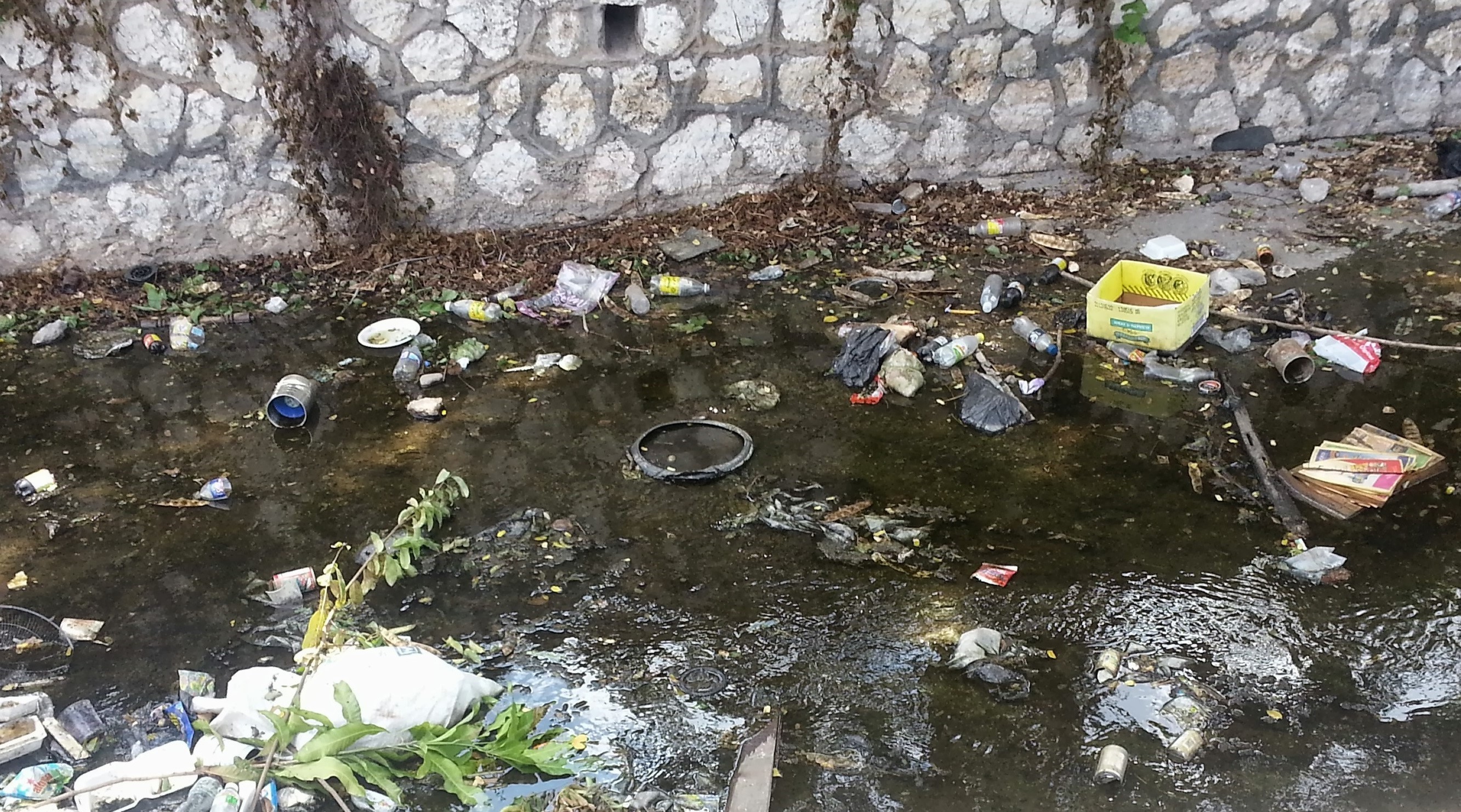
WHAT A WASTE 2.0
A Global Snapshot of Solid Waste Management to 2050
Solid waste management affects every single person in the world, whether individuals are managing their own waste or governments are providing waste management services to their citizens. As nations and cities urbanize, develop economically, and grow in terms of population, the World Bank estimates that waste generation will increase from 2.01 billion tonnes in 2016 to 3.40 billion tonnes in 2050. At least 33% of this waste is mismanaged globally today through open dumping or burning.
What a Waste 2.0: A Global Snapshot of Solid Waste Management to 2050 includes global, regional, and urban trends on solid waste management from technical and operational trends to environmental and social impacts. The topics covered in the publication include waste generation, waste collection, waste treatment and disposal, financing models, operational models, technologies, citizen engagement, environmental impact, and informal sector impact. The database linked with this website includes information on 217 countries and economies as well as more than 360 cities.


Solid waste management is a universal issue affecting every single person in the world.

The world generates 2.01 billion tonnes of municipal solid waste annually, with at least 33 percent not managed in an environmentally safe manner.

In 2016, the world generated 242 million tonnes of plastic waste—12 percent of all municipal solid waste.

Across global food systems, food loss and waste is a widespread issue, posing a challenge to food security, food safety, the economy, and environmental sustainability.